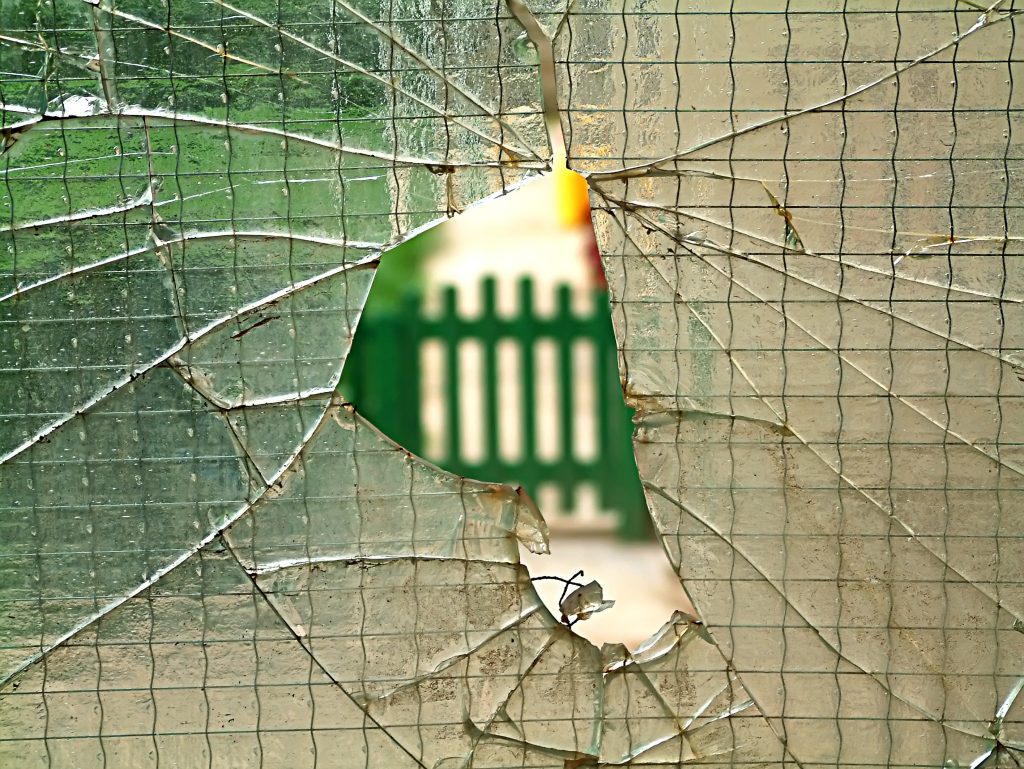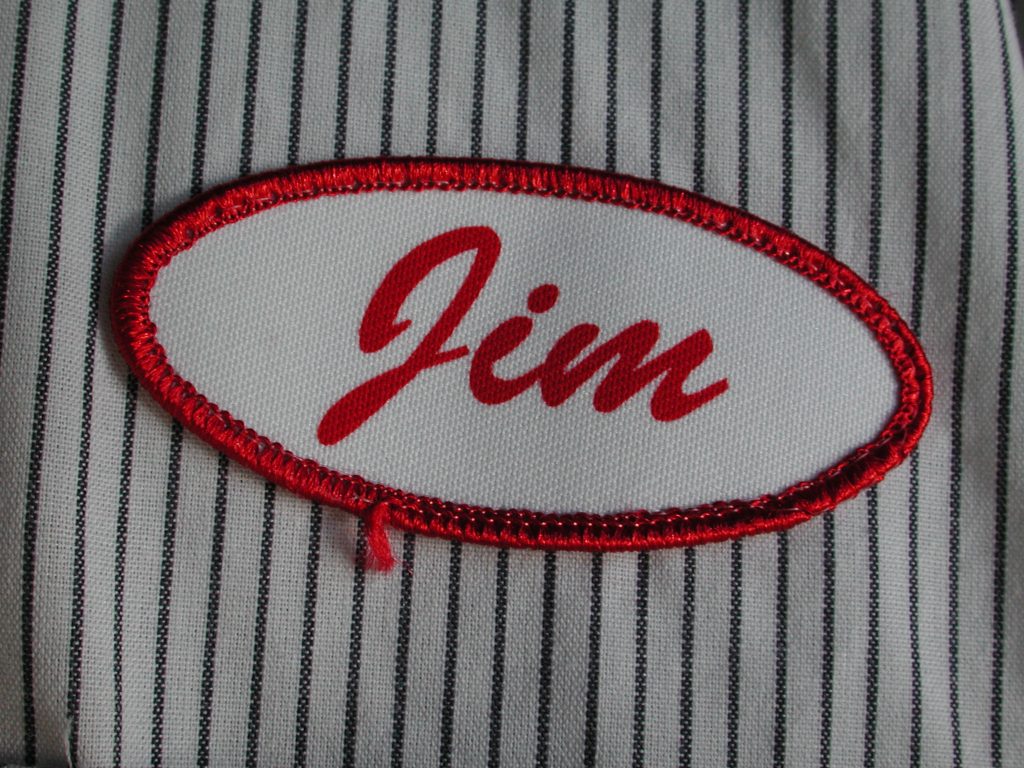 Filing and pursuing a lawsuit is no small task. Besides the often-significant monetary aspect, a plaintiff (the party filing the lawsuit) should be prepared for a large time commitment and effort in providing the necessary evidence to support their case. Good lawyers know how to aid their clients in gathering evidence and navigating the logistical aspects of a lawsuit as efficiently as possible. Litigation can sometimes take years, but a seasoned lawyer will know how to provide the motivation clients need to successfully pursue their claims and reach recovery. In a recent case out of Zachary Louisiana, the plaintiff filed a lawsuit he was simply not prepared to effectively maintain.
Filing and pursuing a lawsuit is no small task. Besides the often-significant monetary aspect, a plaintiff (the party filing the lawsuit) should be prepared for a large time commitment and effort in providing the necessary evidence to support their case. Good lawyers know how to aid their clients in gathering evidence and navigating the logistical aspects of a lawsuit as efficiently as possible. Litigation can sometimes take years, but a seasoned lawyer will know how to provide the motivation clients need to successfully pursue their claims and reach recovery. In a recent case out of Zachary Louisiana, the plaintiff filed a lawsuit he was simply not prepared to effectively maintain.
Wayne Boyd was driving past a Regions Bank in Zachary, Louisiana when suddenly a rock flew through his window, breaking the glass and hitting him in the face. Allegedly, the rock was thrown by a lawnmower operated on Regions Bank property by a landscaping service. Boyd filed his lawsuit in 2010 and, after some confusion over the right person to sue, BNL Enterprises, LLC – the landscaping service – was added as the defendant in 2011. In October 2013, the District Court set a trial date of May 20, 2014. Despite the immense amount of time to prepare, on the date of the trial, Boyd requested a continuance of the trial because he felt he was emotionally unprepared. BNL was prepared for trial and opposed the continuance.
The District Court Judge orally denied the request for a continuance. The Judge gave the parties ten days to attempt to resolve the case themselves. After the ten days was up, the Judge stated he would entertain defendant’s motion to dismiss the case for plaintiff’s failure to prosecute.
 Louisiana Personal Injury Lawyer Blog
Louisiana Personal Injury Lawyer Blog


 The goal of marriage is often “happily ever after.” Sometimes, it does not end up working out that way. What happens when a child born during a marriage is the result of an affair? What legal rights does the real father have towards establishing that the child is his? The following case out of Acadia Parish demonstrates Louisiana’s jurisprudentially-created doctrine of avowal.
The goal of marriage is often “happily ever after.” Sometimes, it does not end up working out that way. What happens when a child born during a marriage is the result of an affair? What legal rights does the real father have towards establishing that the child is his? The following case out of Acadia Parish demonstrates Louisiana’s jurisprudentially-created doctrine of avowal. Ever wondered about the seemingly daunting world of contracts: the myriad of pages and often boring mechanical reading, not to mention those terms and conditions written in legalese? For most of us, not really. That’s for sure. But sometimes contractual disputes can be interesting. Ever hear the saying don’t mix business with pleasure? Well in a recent case, the Louisiana Court of Appeal was called upon to rule upon the terms of a settlement agreement that prohibited the parties from making disparaging or negative comments about each other.
Ever wondered about the seemingly daunting world of contracts: the myriad of pages and often boring mechanical reading, not to mention those terms and conditions written in legalese? For most of us, not really. That’s for sure. But sometimes contractual disputes can be interesting. Ever hear the saying don’t mix business with pleasure? Well in a recent case, the Louisiana Court of Appeal was called upon to rule upon the terms of a settlement agreement that prohibited the parties from making disparaging or negative comments about each other. As the adage goes, there are two sides to every story and when it comes to lawsuits, the details of those stories can make the difference between a courtroom success and a case never making it to trial. A case arising out of Mandeville, Louisiana is the perfect example of just how important the details of a story can be.
As the adage goes, there are two sides to every story and when it comes to lawsuits, the details of those stories can make the difference between a courtroom success and a case never making it to trial. A case arising out of Mandeville, Louisiana is the perfect example of just how important the details of a story can be.  The law often hinges on technicalities, which is why technical accuracy is critical in ensuring that all parties to a lawsuit have a fair and adequate understanding of the issue and that courts operate efficiently. Despite this importance, courts do not want justice to be skirted on the sole basis of a technical error. The Second Circuit Court of Louisiana emphasized this sentiment when it allowed a woman to recover damages for battery, despite the fact that she only alleged negligence in her pleadings. The court was able to do so under Louisiana’s fact-pleading system which allows recovery as long as the facts necessary to establish a claim are pled.
The law often hinges on technicalities, which is why technical accuracy is critical in ensuring that all parties to a lawsuit have a fair and adequate understanding of the issue and that courts operate efficiently. Despite this importance, courts do not want justice to be skirted on the sole basis of a technical error. The Second Circuit Court of Louisiana emphasized this sentiment when it allowed a woman to recover damages for battery, despite the fact that she only alleged negligence in her pleadings. The court was able to do so under Louisiana’s fact-pleading system which allows recovery as long as the facts necessary to establish a claim are pled.  Discrimination has always been a controversial topic in America and especially salient in the workplace context. The following case arises out of a situation where an employee felt that she was discriminated against based on her race and disability. She sued in federal court based on federal and state discrimination laws.
Discrimination has always been a controversial topic in America and especially salient in the workplace context. The following case arises out of a situation where an employee felt that she was discriminated against based on her race and disability. She sued in federal court based on federal and state discrimination laws. Law enforcement agencies throughout the country have been under intense scrutiny over the past few years because of controversial policies and procedures. However, one agency in Louisiana, the Sheriff’s Office of St. John the Baptist Parish, faced another type of scrutiny surrounding the termination of a high-ranking official. The termination resulted in a lawsuit based on federal and state law.
Law enforcement agencies throughout the country have been under intense scrutiny over the past few years because of controversial policies and procedures. However, one agency in Louisiana, the Sheriff’s Office of St. John the Baptist Parish, faced another type of scrutiny surrounding the termination of a high-ranking official. The termination resulted in a lawsuit based on federal and state law. When the government takes privately owned property to be used for the benefit of the public, it is called an expropriation. Federal and state law prohibit the government from taking private property without compensating the owner. The Louisiana Constitution provides that property shall not be taken or damaged by the State except for a public purpose and with just compensation paid to the owner of the private property. A landowner whose property is expropriated by the State is to be compensated so that he remains in the equivalent financial position he enjoyed before the taking. The following case provides a concrete example of such a situation.
When the government takes privately owned property to be used for the benefit of the public, it is called an expropriation. Federal and state law prohibit the government from taking private property without compensating the owner. The Louisiana Constitution provides that property shall not be taken or damaged by the State except for a public purpose and with just compensation paid to the owner of the private property. A landowner whose property is expropriated by the State is to be compensated so that he remains in the equivalent financial position he enjoyed before the taking. The following case provides a concrete example of such a situation. When someone with a family and a business suddenly dies, sensitive estate issues arise and can often become complicated, especially if the decedent was in the midst of strained business negotiations or when the death was the result of a suicide. In these situations, it’s essential for surviving family members to hire a good attorney in order to keep a stressful situation from deteriorating further. The following case illustrates such a situation.
When someone with a family and a business suddenly dies, sensitive estate issues arise and can often become complicated, especially if the decedent was in the midst of strained business negotiations or when the death was the result of a suicide. In these situations, it’s essential for surviving family members to hire a good attorney in order to keep a stressful situation from deteriorating further. The following case illustrates such a situation. It is common for Louisiana residents who are injured due to another person’s negligence to seek financial compensation through a personal injury lawsuit. Typically, these types of lawsuits will pursue compensation to cover medical expenses that are incurred by the victim for the treatment of the injury they suffered, among other damages. That is exactly the approach that Destiny Guidry decided to take after she claimed that she was injured in an incident at a grocery store in Lake Charles back in 2011.
It is common for Louisiana residents who are injured due to another person’s negligence to seek financial compensation through a personal injury lawsuit. Typically, these types of lawsuits will pursue compensation to cover medical expenses that are incurred by the victim for the treatment of the injury they suffered, among other damages. That is exactly the approach that Destiny Guidry decided to take after she claimed that she was injured in an incident at a grocery store in Lake Charles back in 2011.